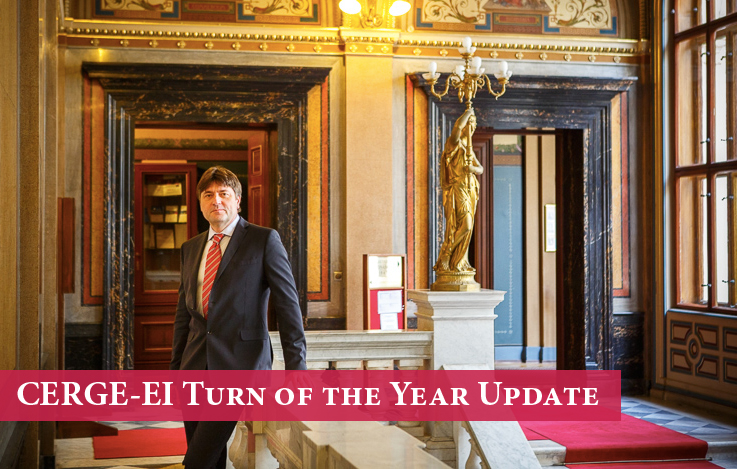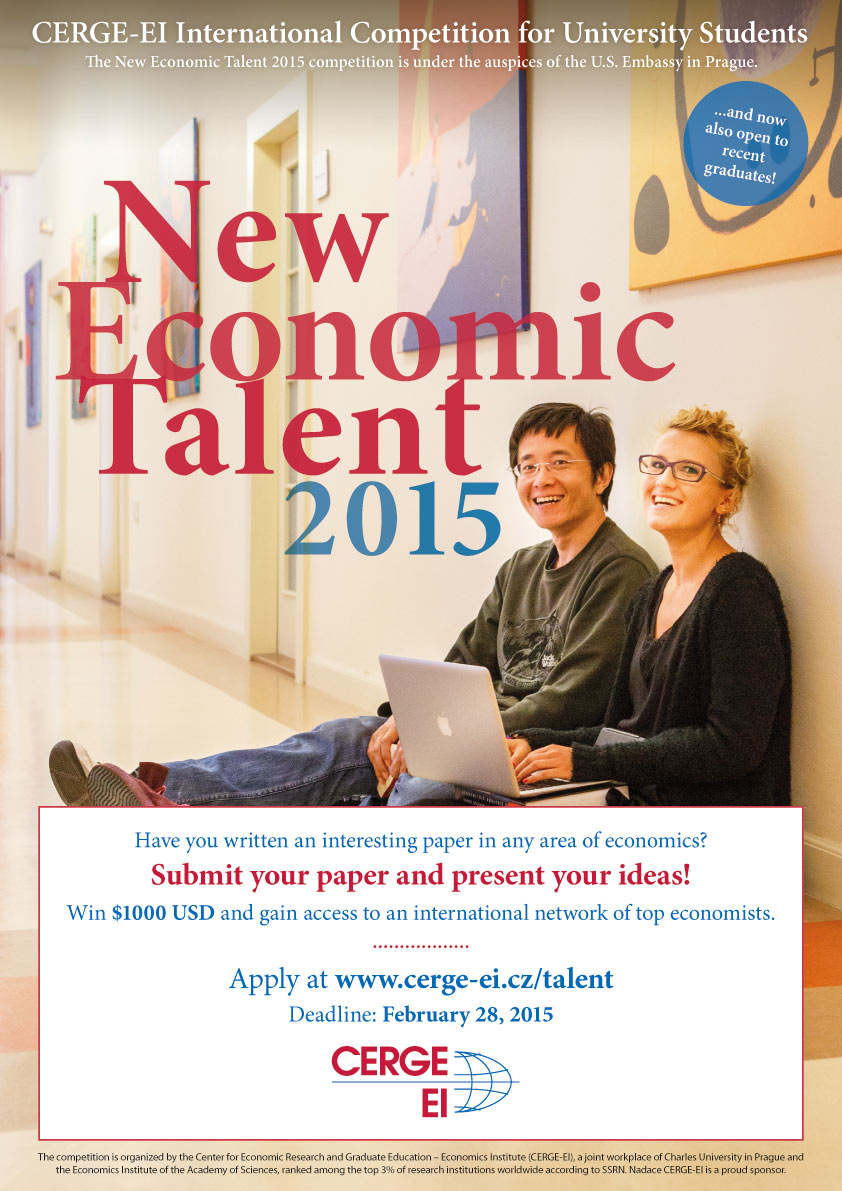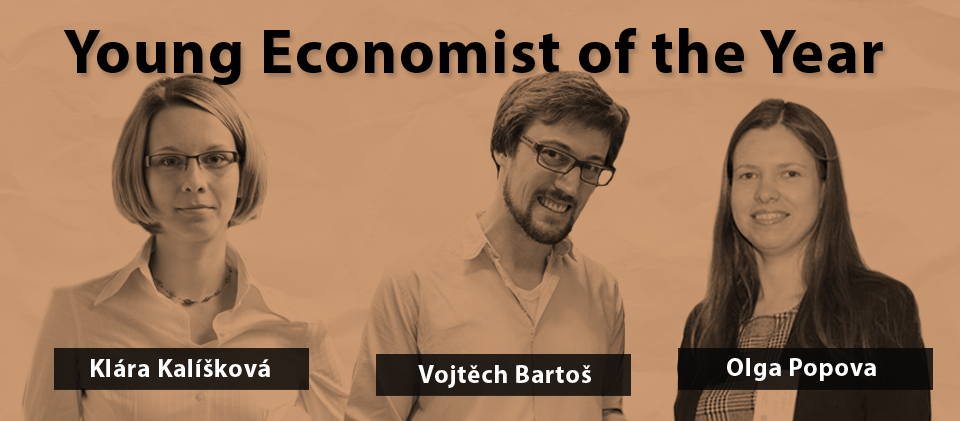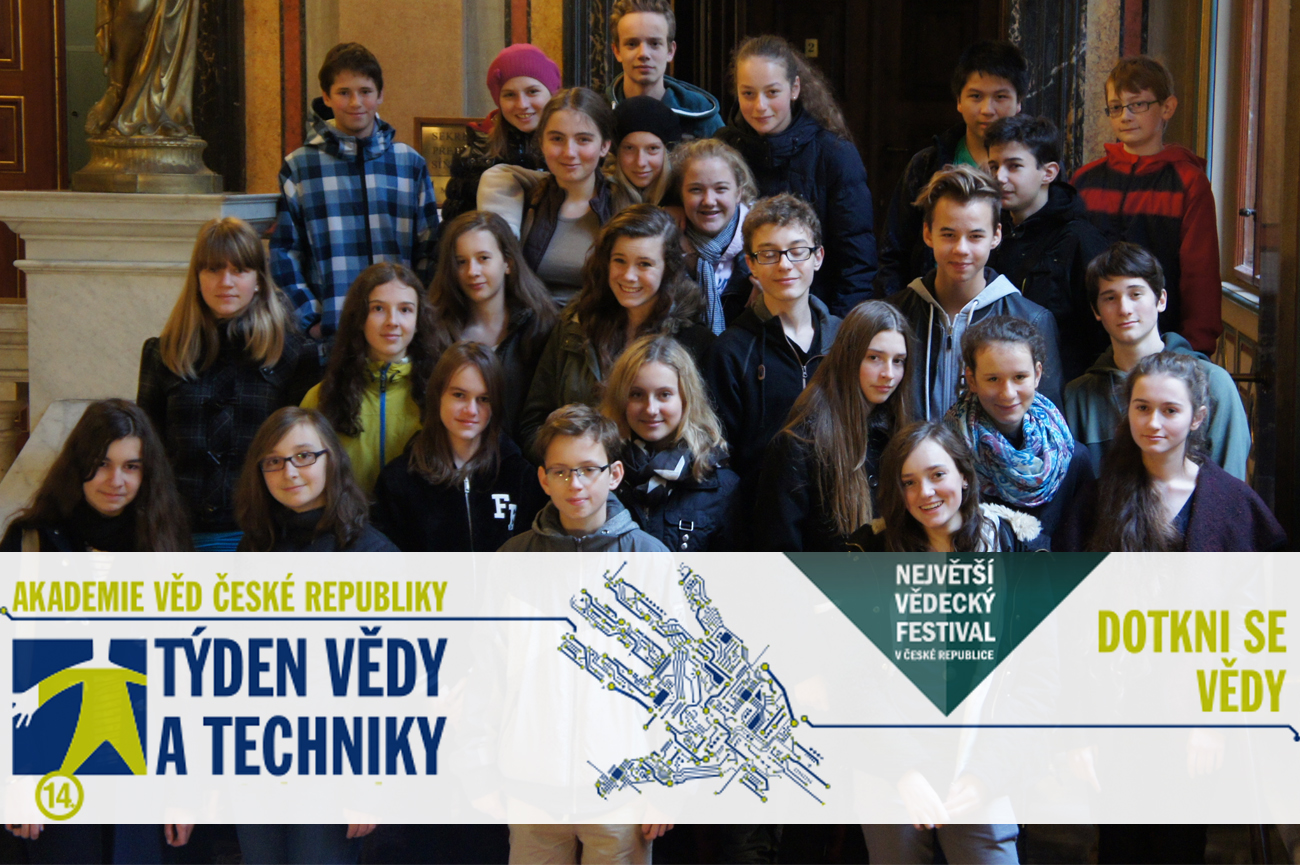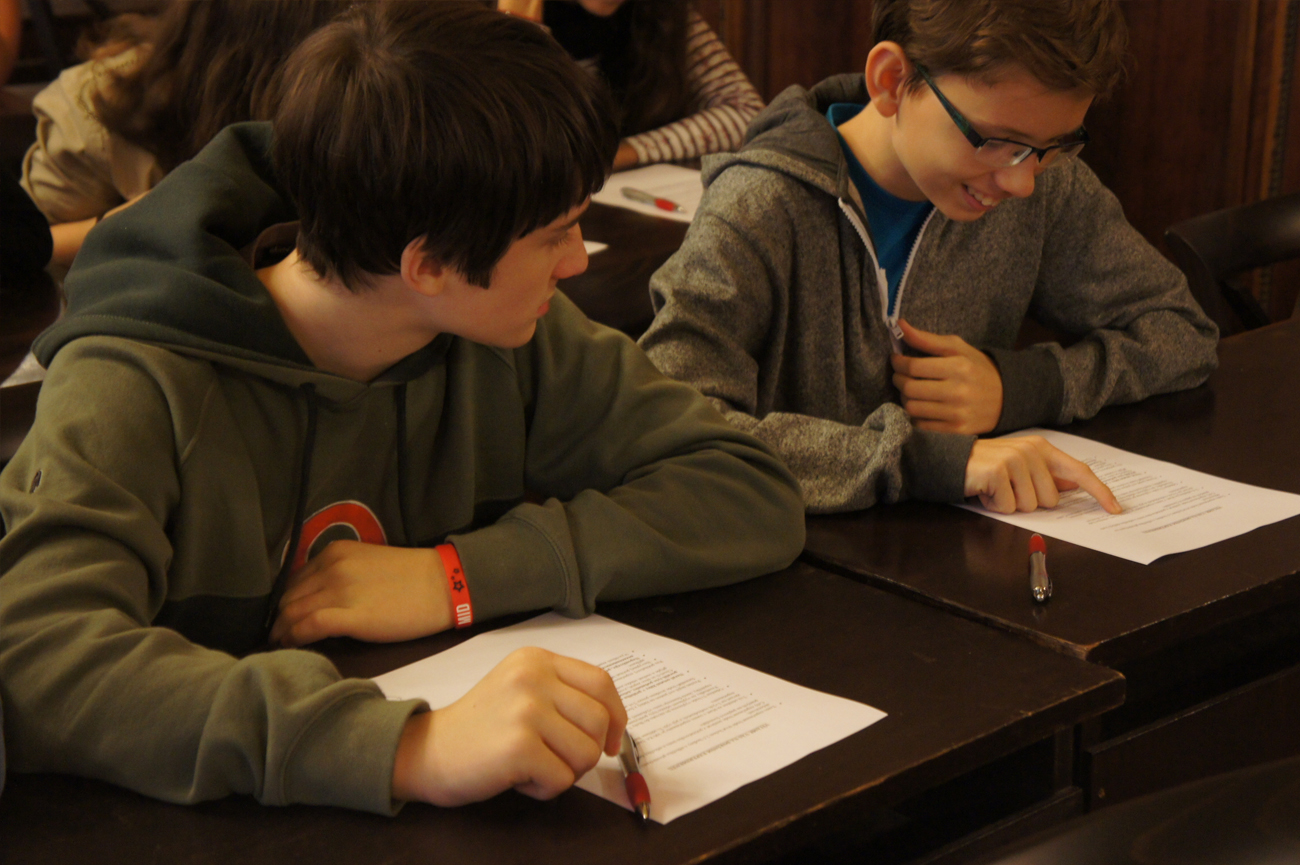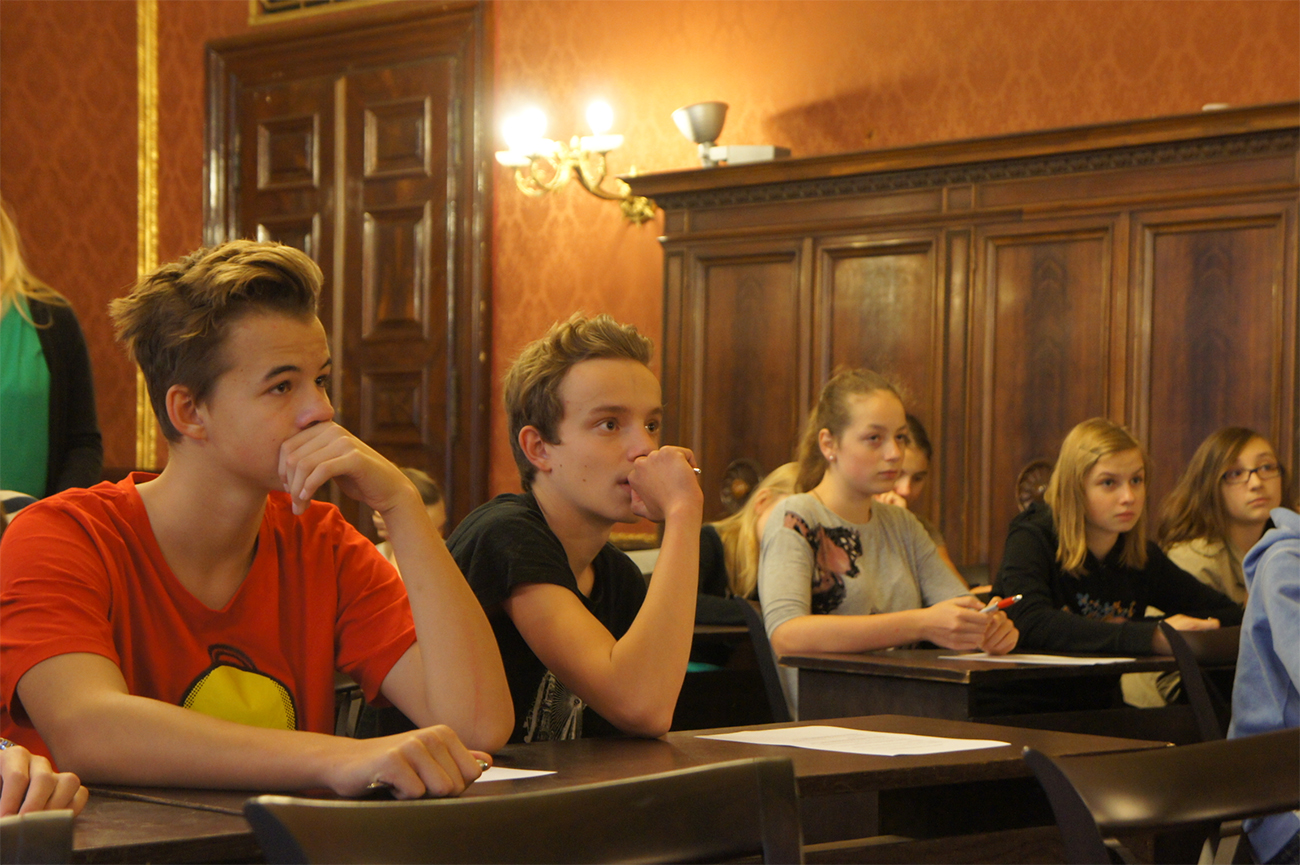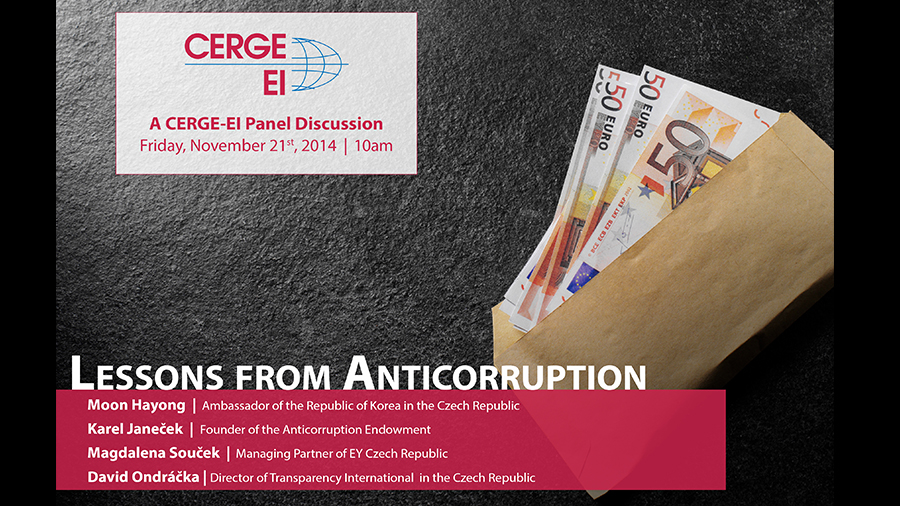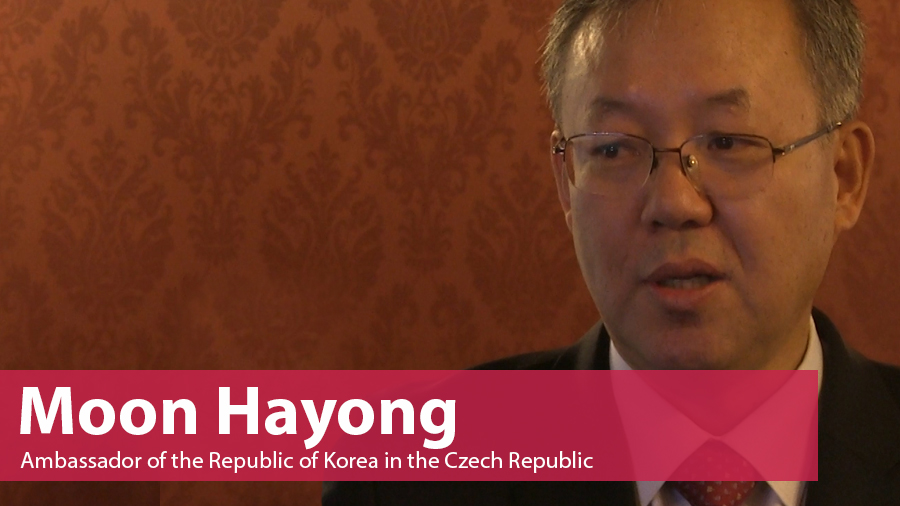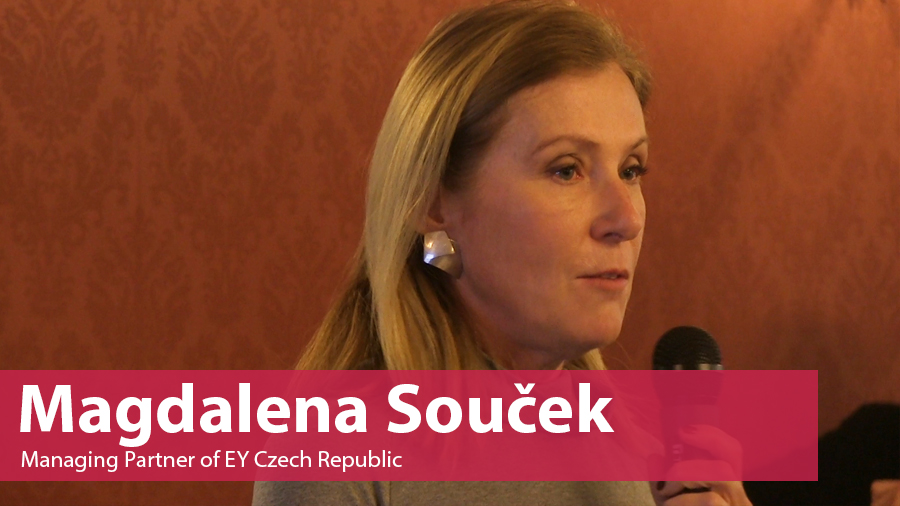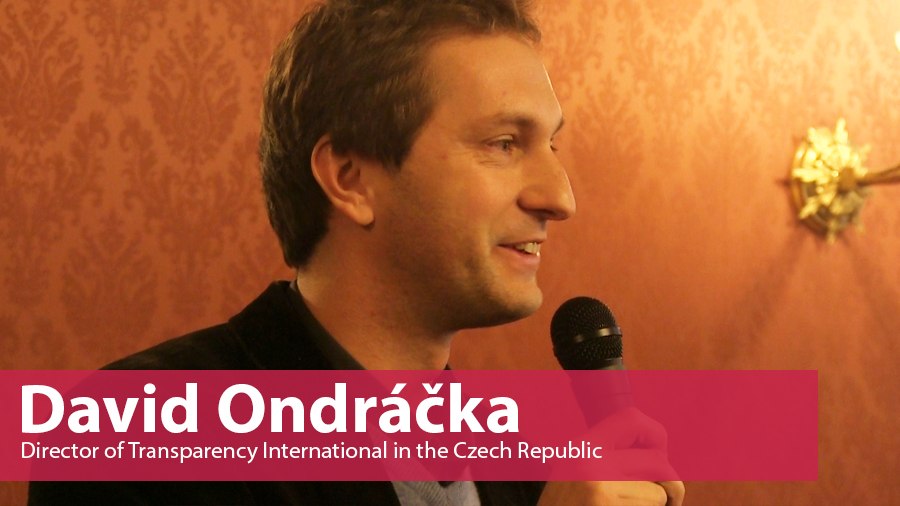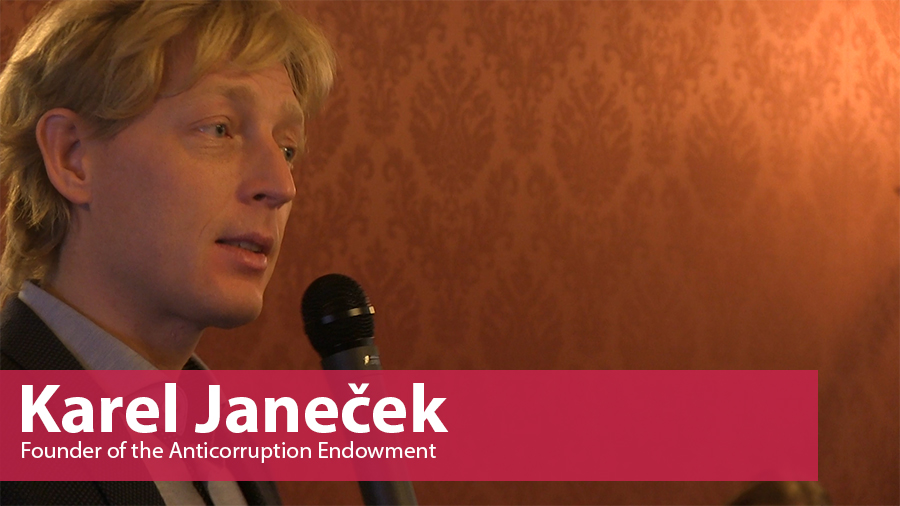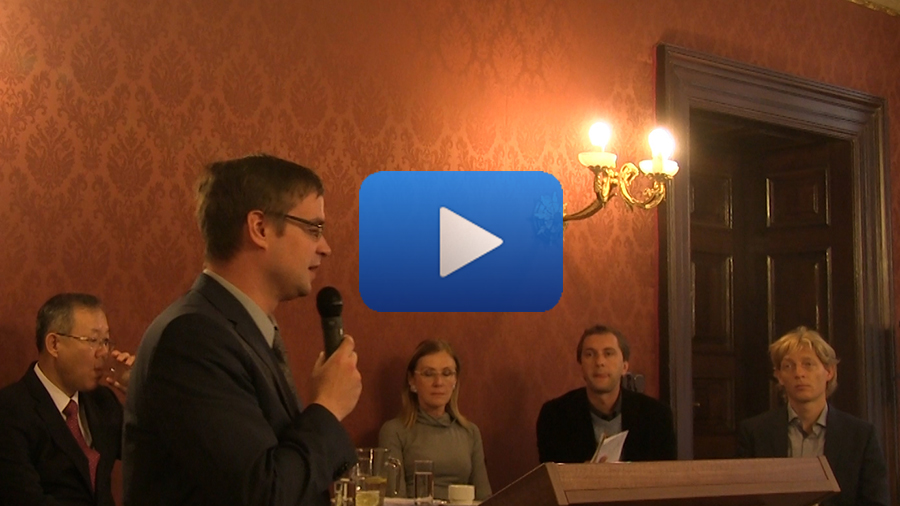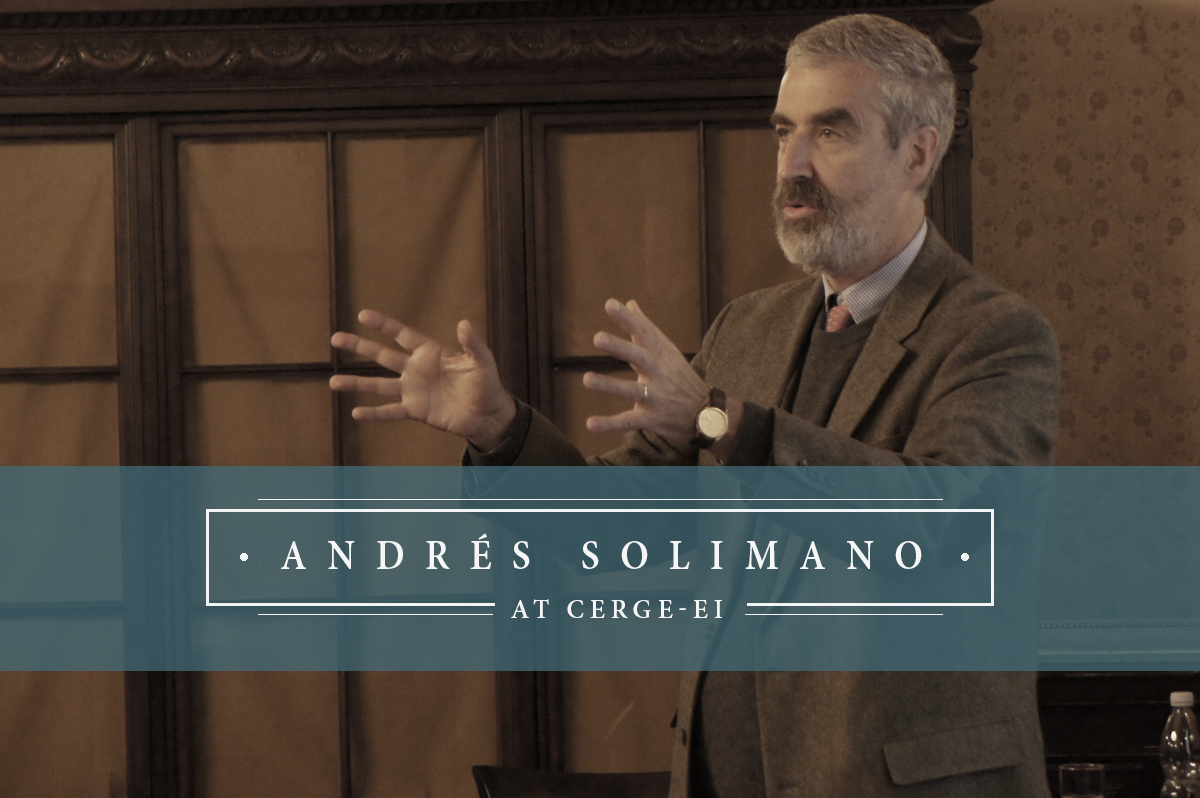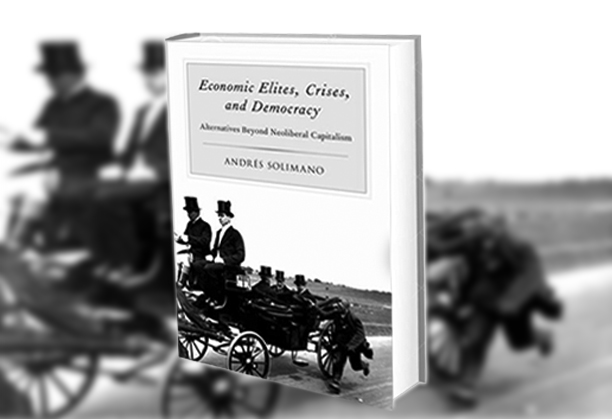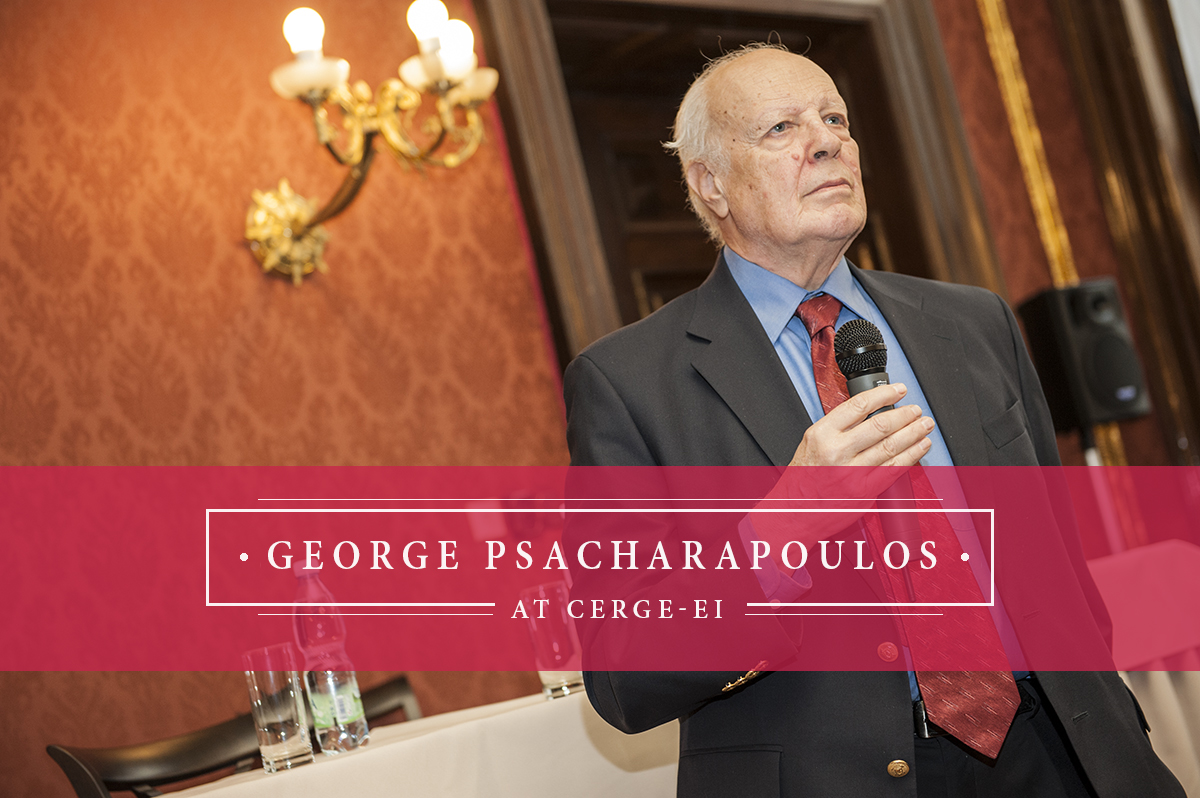The following post was written by CERGE-EI PhD Student Lasha Lanchava, originally appearing on the ISET Economist blog.
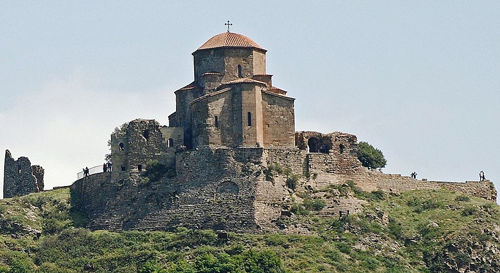
In October 2007, responding to the problem of very low birthrates in the country, Ilia II. of Georgia, the Catholicos-Patriarch of All Georgia, announced that he would personally baptize any third and subsequent child born to Orthodox families from that time onwards. This promise seems to have had a considerable impact on the reproduction behavior of Georgians. According to the National Statistics Office of Georgia (NSOG), the number of births increased from about 49,000 in 2007 to about 57,000 in 2008 and 63,000 in 2009. This is a remarkable 28% increase in two years’ time, while the number of births from 2000 to 2007 had been fluctuating between 46000 and 49000. At the end of 2008, the Patriarch for the first time baptized thousands of babies at the Sameba Cathedral, and the tradition continues until today.
In March 2009, the BBC brought the enthusiastic headline: “Church leader sparks Georgian baby boom”. The article states that “two years after having one of the lowest birth rates in the world, Georgia is enjoying something of a baby boom, following an intervention from the country’s most senior cleric”. The results are, in the words of the Georgian Orthodox Church, “a miracle”. A report with a similar message was published by CNN on April 2010 in which the Patriarch himself claims credit for the surge in births: “I have already baptized about 5,000 children. […] Parents decided to give birth to these children because they had a chance to be the Patriarch’s godchildren.”
The BBC also interviewed the head of Georgia’s civil registry, Giorgi Vashadze. More profanely, he attributed the increased birth rates to accelerated economic growth and increased employment in the years after the Rose Revolution: “Who is now creating families? People who five years ago were out of work,” he said. “Previously, they had no income. They could not get married. Today they are working. They have salaries… So I think this is a major factor.” According to the NSOG, Georgia did indeed experience a remarkable growth in real GDP by about 10 % in 2006 and 2007, going down in 2008 due to war with Russia but still remaining significantly higher than in the previous years.
According to the Caucasus Research Resource Center (CRRC), 94% of the Georgians consider the Patriarch to be the most trustworthy man in the society, and likewise, the church is the most trusted institution in Georgia. Therefore, the opinion of Georgian public can be easily swayed in favor of the church. But is the Patriarch really responsible for the stunning increase of the birth rate in Georgia? Using the toolbox of quantitative economic analysis, I wanted to find out…
A NATURAL EXPERIMENT
Religion as an important driver of socio-economic developments can be traced back to Max Weber’s famous 1905 book The Protestant Ethic and the Spirit of Capitalism, relating the differences in per-capita GDP in Europe to the respective shares of Protestants and Catholics in those countries. Ever since, a huge body of literature has elicited connections between religious beliefs and economic behavior. For example, McCleary and Barro (2003) show that countries with high levels of religious observance (operationalized as attendance at religious services) tend to experience lower GDP growth. Crabtree (2010) explores the link between the share of religious population of a country and its and per-capita incomes. Lipford, McCormick, and Tollison (1993) look at the connection between the rates of church membership and crime and various demographic numbers like divorce, marriage, and fertility.
In our setting, the announcement of the Catholicos-Patriarch’s initiative yields what economists call a “natural experiment”. In the laboratory, it is possible to define a treatment group and a control group, yet many economic questions which are about the society as a whole cannot be answered in the lab. A natural experiment is a situation where for natural reasons there is something like a treatment and something like a control group. In the problem at hand, the majority of Orthodox Christians (OCs), making up 84% of the population, can be considered a treatment group, as they are the only ones to whom the Patriarch’s initiative appeals. The Non-Orthodox Christian (NOC) ethnic minorities, such as Armenians, Azerbaijanis, and other congregations can be considered as a control group, if we assume that the Patriarch’s announcement will not affect their reproduction behavior. The majority of NOC population consists of Armenians and Azerbaijanis who comprise about 15 % share of the total population of Georgia. Armenians are members of the Armenian Apostolic Church and Azerbaijanis are Shiite Muslims. The figure shows the composition of Georgian population by religious belief – the brighter the color, the higher the share of NOC population (except for the occupied territories, which are not included in the analysis).
Using a methodology called difference-in-differences (DID), we can identify whether the religious leader’s initiative had causal impact on the birth rates in Georgia.

